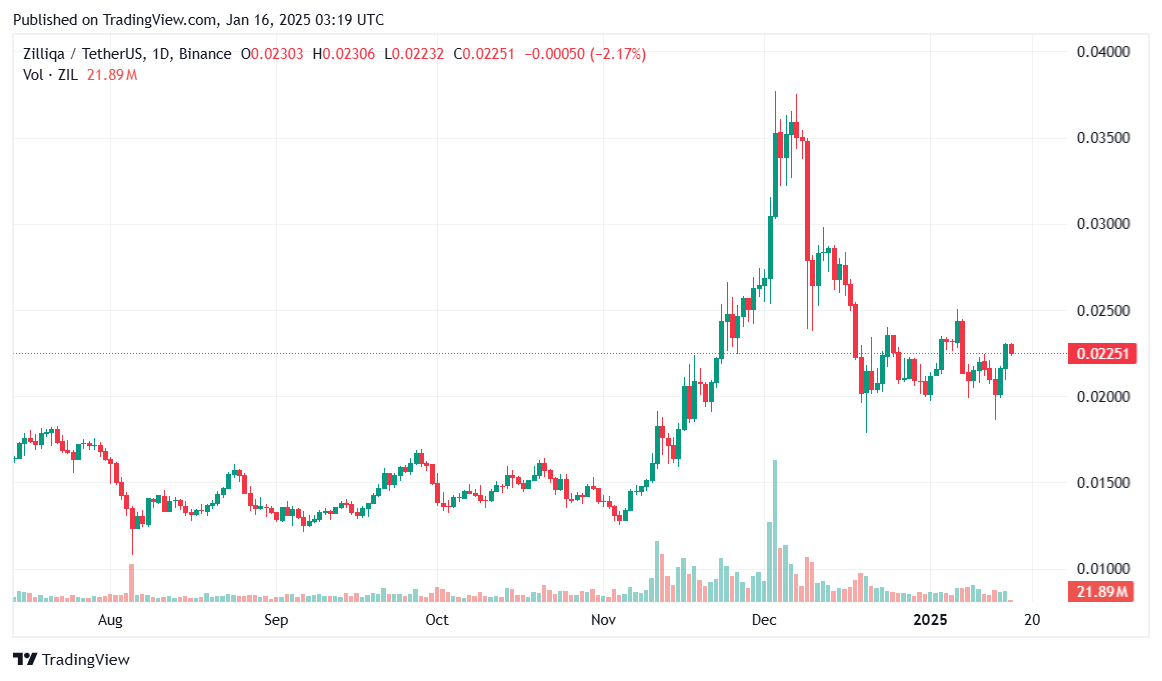Will Zilliqa's struggles with repeated bugs and outages impact its future as a high-throughput blockchain?
On January 16, the Zilliqa (ZIL) blockchain network, designed to improve the scalability and efficiency of blockchain networks through sharding technology, resumed operations after an interruption due to lookup node synchronization issues. These nodes, which are critical to validating transactions and supporting the network, went out of sync, preventing transactions from reaching the blockchain.
During the outage, Zilliqa assured users that their funds were safe and encouraged them to check their balances via on-chain explorer ViewBlock.io. The team apologized for the inconvenience and emphasized that they are focused on resolving the issue quickly.
The incident is the latest in a series of technical challenges for Zilliqa. In late September 2024, the network suffered more severe disruption as a bug completely stopped block generation and prevented users from making transactions or accessing their funds.
The developer has introduced what it calls a “permanent fix,” but the issue comes on the heels of another bug that occurred just two days ago, slowing down block creation without completely stopping it. I did. Both incidents occurred shortly after the Zilliqa 2.0 upgrade aimed at improving network performance and cross-chain compatibility, raising concerns about the reliability of the network infrastructure.
The repeated downtimes have clearly angered many people in the community, with one user saying potential customers could lose confidence in Zilliqa's reliability if an outage occurs “before widespread adoption.” I was warned that there would be.
Meanwhile, another user lamented that “normal people are losing their excitement” over these recurring issues.
Similar disruptions have plagued Zilliqa in the past, including a slowdown in block production in May 2024 and an incident in December 2023 that temporarily halted trading.
Although developers have consistently assured users of network safety and quickly restored functionality, these recurring issues demonstrate fundamental challenges in maintaining stability. . As of this writing on January 16, ZIL's price is approximately $0.0225 and its market cap is $435 million.


